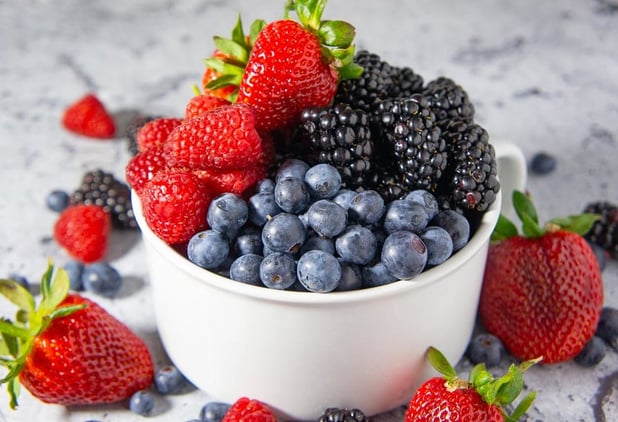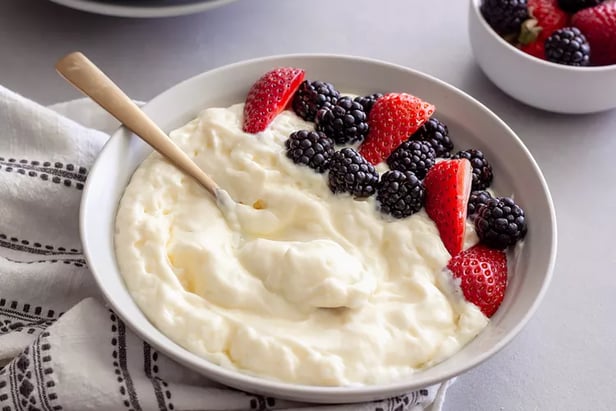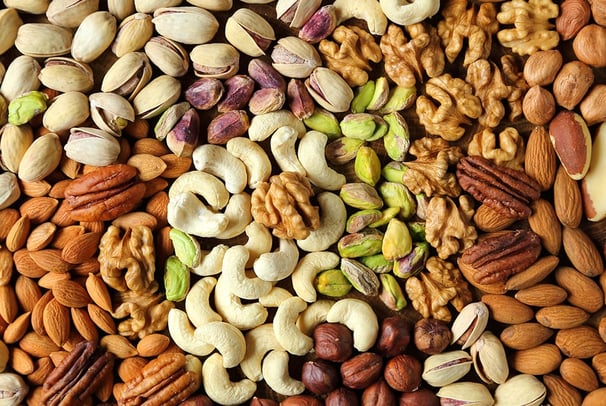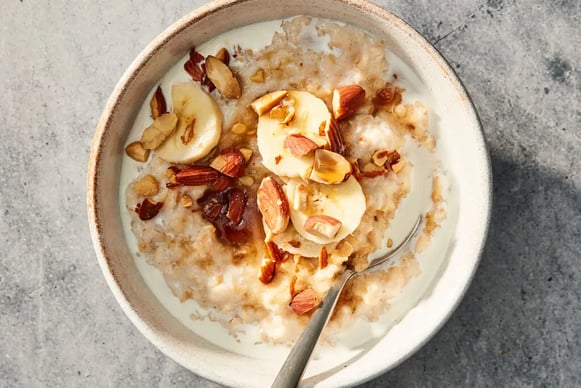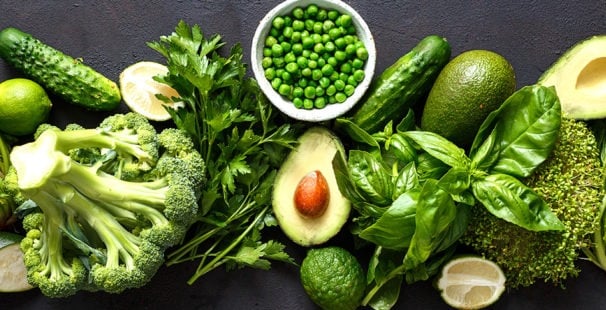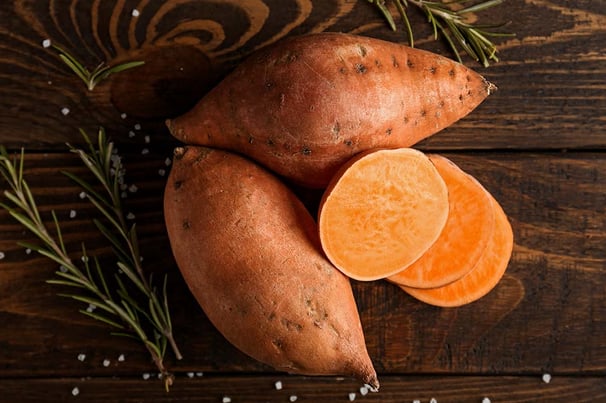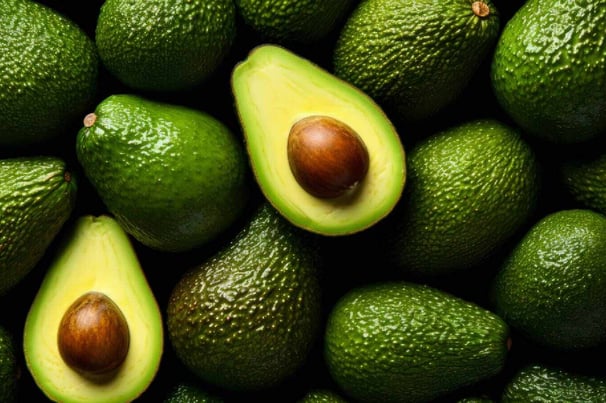Top 10 Foods For Healthy Diabetes Diet
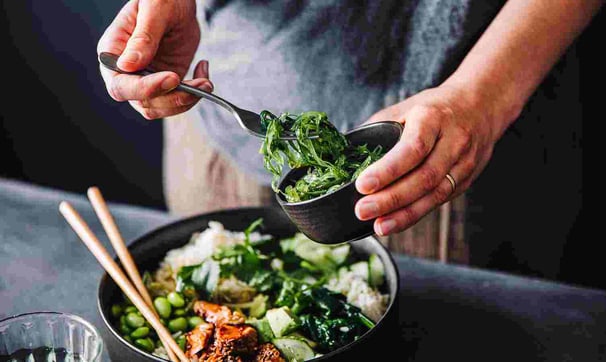

A healthy diabetes diet contains a variety of foods that help regulate blood sugar, boost metabolism, and curb hunger. Build your eating plan with these nutritious foods.
What Are The Healthiest Foods For A Person With Type 2 Diabetes?
Include fibre, potassium, magnesium, vitamin C, and calcium-rich foods in your diet to promote good health. These nutrients assist to control blood sugar, blood pressure, and cholesterol. Here are some great eating choices:
Beans include high-quality carbs, low-fat protein, and soluble fibre. They're also high in magnesium and potassium, which assist to regulate blood sugar and appetite.
Dark Green, Leafy Veggies
Leafy greens, such as lettuce, spinach, kale, Swiss chard and rocket, are high in vitamins and minerals, particularly vitamins C and K, calcium, iron and potassium. They also include fibre and antioxidants.
Sweet Potatoes
Sweet potatoes are high in vitamins A, C, and fibre. The pigments that give them their orange colour have significant anti-inflammatory health effects. Sweet potatoes may be used for white potatoes in recipes to reduce the glycaemic load.
Berries
Strawberries, blackberries, blueberries, and raspberries are high in nutrients that help protect your cells from harm. Berries are low in calories but abundant in fibre and water, which help you feel full and control your weight.
Fatty fish
Cold-water fatty fish, including salmon, tuna, trout, sardines, and mackerel, are high in omega-3 fatty acids like EPA and DHA. Eating meals rich in omega-3 fatty acids may help decrease inflammation and minimise your risk of heart disease. To improve triglyceride levels, eat these fish at least twice a week.
Oatmeal
Oats are a very healthy cereal, strong in important vitamins, minerals, and antioxidants. Eating oats may help decrease "bad" (LDL) cholesterol, increase satiety, and maintain healthy gut microbes. Oats' soluble fibre inhibits glucose absorption, which aids blood sugar regulation.
Nuts
Nuts include healthful unsaturated fats, fibre, and magnesium, which may benefit with glucose metabolism. Choose plain or unsalted nuts to preserve optimal heart health. Be wary of portion sizes—one ounce (1/4 cup) has around 170 calories.
Yogurt
Yogurt contains minerals such as calcium, protein, potassium, magnesium, and vitamin D. Protein makes you feel full, and magnesium may increase insulin sensitivity, which aids with blood sugar management. Choose plain or vanilla Greek yoghurt, then top with fresh fruit.
Avocado
Avocados include monounsaturated fatty acids (MUFAs), which may boost "good" (HDL) cholesterol and reduce "bad" (LDL) cholesterol and triglycerides. They may also help you feel fuller for longer, allowing you to better regulate your calorie consumption.
Quinoa
Quinoa is a nutrient-dense seed sometimes referred to as an ancient grain. It cooks fast and may be served as a side dish with rice. Quinoa is a complete protein that contains all necessary amino acids. It is gluten-free and rich in magnesium, iron, fibre, and B vitamins. Quinoa may be enjoyed hot or cold, blended with your favourite veggies, or as an alternative to muesli for morning.
